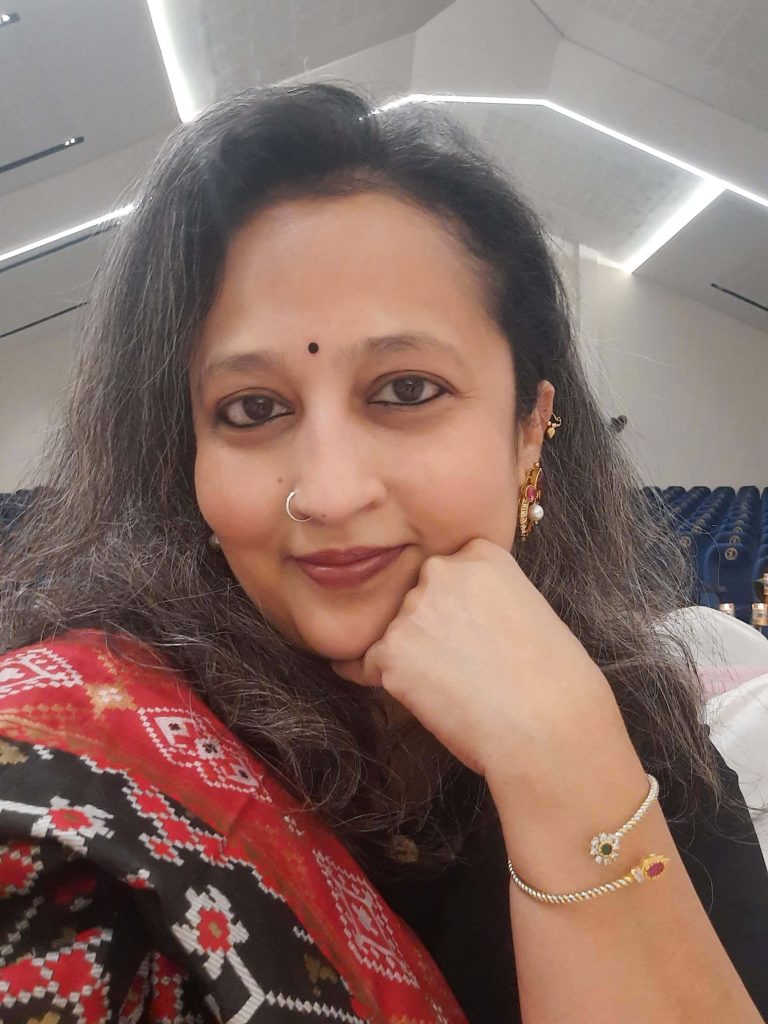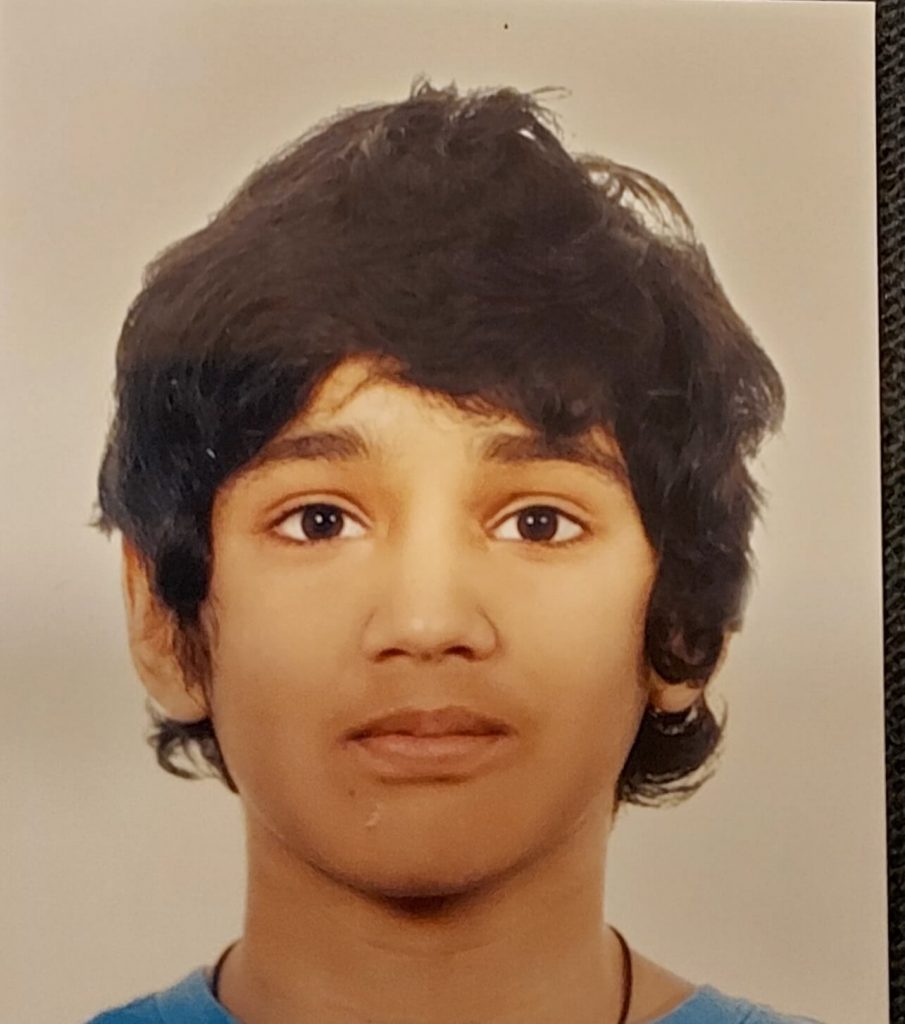Our Schools
Table of Contents
Are Exams Needed or Not?
By Rajesh Acharya, Parent of Ms. Dhwani and Ms. Dhriti, Montessori, Ekya School JP Nagar
Pedagogy today has undergone a paradigm shift and educational institutions as much as students have adapted themselves to the changing times. While more and more technology is being used to change the way students learn, I have been ruminating on the way the students are being assessed on how much of the content and skills of the course they have actually assimilated. Examinations at the end of the year, is currently how the students are being assessed, which in my opinion needs to undergo a complete overhaul.
Assessments by teachers should be more inclusive instead of sticking to standard answer keys.
Questions asked in a test paper are limited and have always been following a particular structure from times immemorial where multiple choice questions are asked for objective exams and essay questions for subjective examinations. The stress that is created on the students due to these examinations is rather large. The reason is that the students need to memorize the entire year’s curriculum and ensure that they remember everything on the D-day as that is the only chance they’re given to showcase their understanding of the course material and their future depends on how they have performed in those 3 hours. This leads to all the students having a singular line of thought which restricts the thinking capacity. The essence of these examinations, which, should be to assess the learning, is lost. Teachers who mark the answer sheets, more often than less, use standard answer keys and this does not bring out the actual caliber of the students.
The radical change which is the need of the hour is to ensure that the students are assessed in a stress-free environment which will bring out the best in them and also help the teachers assess where the student needs to pay more attention to or requires additional focus.
A robust form of assessment is to periodically engage with the child as well as the parent to analyze the progress of learning. Creating a healthy environment for learning, both at home and school without a knife dangling on the child’s head will surely lead to more imagination helping the child in retaining the knowledge imparted. Asking the child to prepare a project on the curriculum will help in practical assessment and also stretch the creativity within the child making it easier for the assessment whilst also making the child confident to face the future.
Secondly, assessments by teachers should be more inclusive instead of sticking to standard answer keys. In my opinion, creating tough questions does not bring out the best answers from students. Difficulty has a point of diminishing returns. If a student feels that cramming for extra hours is not going to fetch better grades, they may end up skipping a particular module resulting in incomplete learning. A low score cannot be conclusive – i.e, the questions could have been tough or the student could have skipped the module and hence unable to answer. Answers to questions should be thrown open for discussion in class which would lead to healthy debates and exchange of thought processes. This will increase the confidence among the students as they learn something new instead of being told that their understanding is wrong. This will have a huge psychological impact on the child.
So to conclude, I believe that examinations should be abolished and instead, in its place, assessments should be made fun, relaxed and more engaging by conducting projects, plays, practical experiments whilst also assessing the soft and behavioural aspects of the students. A student may be polite, aggressive etc. which will be on display when they’re allowed to showcase their skill in a relaxed atmosphere instead of being pitted against each other in the garb of examinations. The resultant strengths and weaknesses can then be assessed and worked upon by the teachers helping students become more confident and strong in taking decisions for the future ensuring that they have learned and mastered the curriculum and retained most of the knowledge imparted to them.
Mr. Rajesh, parent of Ekya, was invited to be our guest writer on the Parents of Ekya feature. Interested parents who would like to write for us can shoot us a mail on communications@ekyaschools.com
Assessment pattern at Ekya
At Ekya, we have various assessment systems that give children multiple opportunities to express what they know and understand. This is crucial because, in the end, final or term end exams require the application of learning rather than a simple reproduction of facts. Hence, Ekya’s assessment pattern is designed to keep track of the learning pulse of each child which helps teachers fortify learning as and when gaps are observed. – click here to know more about our assessment.
Topping the Grade XII CBSE Boards – Abhishek Singh
Your preparation in February will give you the confidence in March. Don’t save topics for last minute cramming. Finish as much as you can before you give your pre-boards.Across the country, the month of March is renowned for the exam stress it brings, so we asked Abhishek what was his stress-buster. “I played a lot of football and badminton until February. During my exams, I turned to Squash, a game that you can play single-handedly. It helped me take my mind off studies; I’d go every day if I needed to. Come back home refreshed from a game, head straight to the shower and back with the books. That was my routine.”

In the papers
And in the age of digital distractions, we asked if he did away with gadgets for the month, “My parents didn’t put any kind of pressure on me. I quit a couple of social media platforms in Grade 12 but that was a personal choice. There was no self-imposed ban on technology while I was at home. I’d attribute much of my success to my group of four friends. We had a WhatsApp group going, over which we have shared around 600 images of questions papers and topics. We would exchange questions, discuss answers at length, solve doubts and help each other before every exam. That brought us so much confidence when we headed into the examination hall.” How did Ekya make a difference? We asked him for his honest opinion, and Abhishek delivered "The regular unit tests at school helped keep us on our toes. We were constantly preparing. Our teachers kept us grounded throughout the year. They stressed the importance of going into details of our NCERT textbook and other resource materials – something I understood after I wrote my finals. They would cover important questions that came after every chapter, and that really helped." And his classmates? “A competitive spirit always prevailed in class. It was a conducive environment. Everyone was motivated to do well. Everyone was there to support each other – exchange doubts, solve them together. No room for judgment, we shared everything with each other.”Staying grounded, Abhishek says that his parents' happiness trumps over all the media spotlight he has been receiving
With the phone lines ringing and best wishes coming from across the country, we asked the boy in the spotlight if he had any regrets, “Only slight. I scored 95 in Chemistry when I was expecting a centum score. I searched through the question paper to see where I lost the 5 marks. I have made my peace with it though” Having appeared for a string of competitive entrance exams, Abhishek has set his sight on a couple of universities in Singapore, to pursue an engineering degree in Computer Science. “I like how you can pick a book on coding, learn it and implement what you learned right off the bat. Python and Java are my favourites at the moment. Ekya picked Python for Grade 12, and I thoroughly enjoyed studying it” Here is what Ms. Jyothi Menon and a couple of his teachers from Ekya School ITPL had to say about Abhishek,
Hear from our toppers
- Kaavya Srikumar secured 97.2% in her Grade XII CBSE Boards, topping not just her school, Ekya School ITPL but is also one of Bangalore's toppers.
- Securing 97.2% in the Grade X ICSE Boards, Devaamsh Rajesh is not just our school topper at Ekya School JP Nagar but also one of the city’s leading board toppers.
First Week of School at Ekya BTM Layout

 The class teachers of the primary classes welcomed the smart, ever-smiling, enthusiastic tiny-tots with flashcards and guided them into their class line in an orderly manner. The middle and senior classes though looked nonchalant initially, developed the interest to listen to the speech of the Vice Principal, Ms. Harbinder Kaur.
The class teachers of the primary classes welcomed the smart, ever-smiling, enthusiastic tiny-tots with flashcards and guided them into their class line in an orderly manner. The middle and senior classes though looked nonchalant initially, developed the interest to listen to the speech of the Vice Principal, Ms. Harbinder Kaur.

 The Vice Principal introduced every teaching and non-teaching staff to the students and then provided them with instructions about the culture at Ekya Schools. The classes began at 8:05 AM sharp, as we got to see our young minds eagerly awaiting to feast the knowledge meal! Besides the school being charged with the energy of students, we welcomed the academic year 2018-19 with an optimist vibe.
The week started off with a Dumb-Charades event conducted for Grades 5 to 9 and Listen and Draw event conducted simultaneously for Grades 1 to 4. The children showcased their creative side with acting skills and perceptive quality. To concise, we could see budding artists on a roll!
The Vice Principal introduced every teaching and non-teaching staff to the students and then provided them with instructions about the culture at Ekya Schools. The classes began at 8:05 AM sharp, as we got to see our young minds eagerly awaiting to feast the knowledge meal! Besides the school being charged with the energy of students, we welcomed the academic year 2018-19 with an optimist vibe.
The week started off with a Dumb-Charades event conducted for Grades 5 to 9 and Listen and Draw event conducted simultaneously for Grades 1 to 4. The children showcased their creative side with acting skills and perceptive quality. To concise, we could see budding artists on a roll!

 To sum up the week, Grade 6 to 9 enrolled into various clubs to enhance their skills on creativity, performing arts and visual arts. The stellar club was the photo-maniacs, trapping moments and glimpses in the camera.
To sum up the week, Grade 6 to 9 enrolled into various clubs to enhance their skills on creativity, performing arts and visual arts. The stellar club was the photo-maniacs, trapping moments and glimpses in the camera.


![Are Exams Needed or Not? [ Parents of Ekya Feature ]](https://d25wnmt1ldl02i.cloudfront.net/ekya-blog/wp-content/uploads/2018/06/Ekya-Schools-Exams-Needed-Or-Not-.png)











Leave a reply